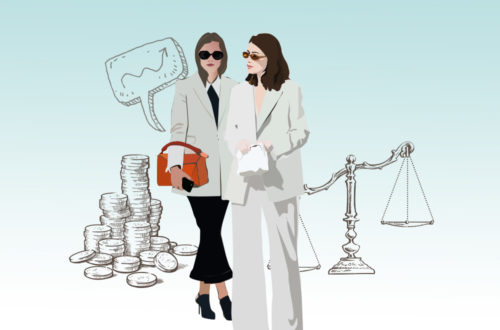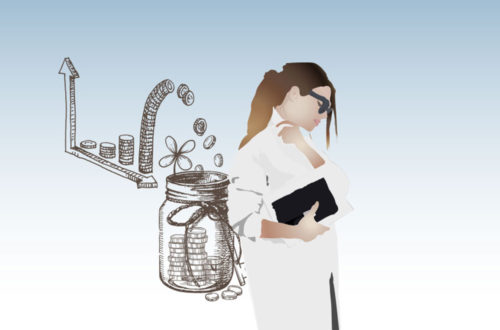Introduction to Buying Shares
When you invest in a company you own a small piece of that company and when they do well so do you. That small piece is called a share and if you own shares you’re a shareholder.
Ok backup…what's the difference between stocks and shares?
Stock is simply the collective name for all the shares you own. So if you own more than one share, especially across different companies, you could call this your ‘stocks’ (Americans love using this word).
Sounds simple enough. Tell me more about shares…
If the company makes money you do too because it gives shareholders some of this money. Profit paid to shareholders is known as ‘dividends’. You’ll also make money if the company continues to be successful because its share price will rise. Why? It’s a bit like Kanye West’s soldout Yeezys, which fetched huge sums re-selling on eBay. Success of a company means more people want to be a part of it as they believe it will do well in the future and are prepared to pay more for it. Big heads up here: If the share price rises you can sell your shares for a profit.
Related Guide: What is a Share?
Example please
Say the share price of Burberry is £10 and you buy 100 shares, you’ve invested £1,000 (100 times £10). If the dividend payout is 35p it means you receive £35 income (100 times 35p) which is a 3.5% return. And, if the share price rises to £12 it means the value of your investment has increased to £1,200 (100 shares times £12) a gain of £200 which is a 20% increase. Simple and even more satisfying than buying one of their handbags.
Are there any cons?
You’re in it to win it with the company and if it doesn’t make a profit you won’t be paid dividends. Also, if it under-performs less people want to own the shares and the share price is likely to go down. So, if you wanted to sell your shares you’ll get less than you paid for them. Back to Burberry, if the share price fell from £10 to £7, for example, your shares would be worth £700 (100 times £7) which is £300 less than the original £1,000 you paid.
How do I avoid this?
We’ve got two tips. Companies can go through periods of high performance and low performance, which increases and decreases the share price. If you can afford to hold shares for a minimum of five years you’re in a stronger position (but if the company does well before then you can always cash-in!). This way, if the company initially underperforms and you believe they need more time to improve the business you can afford to hang-on in there.
Second tip: Invest in more than one company in different industries and different countries. This is called creating a diverse portfolio. You’re essentially spreading your risk of losing money around as it’s unlikely all industries, countries and companies will collapse at the same time.
I want to be a shareholder!
There are thousands of companies to choose from and you can buy their shares via an online bank account or stock broker. It’s easier to buy and sell shares of a public company than a private company because their shares are available to ‘everyone’. Not sure what the difference is between public and private? Read this guide.











